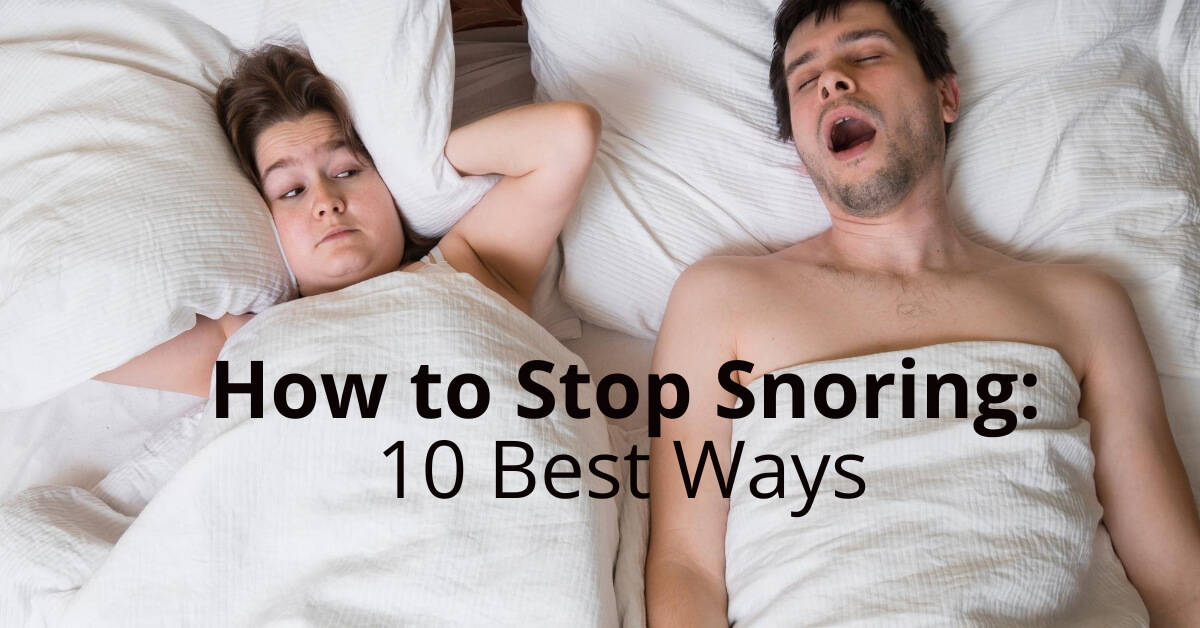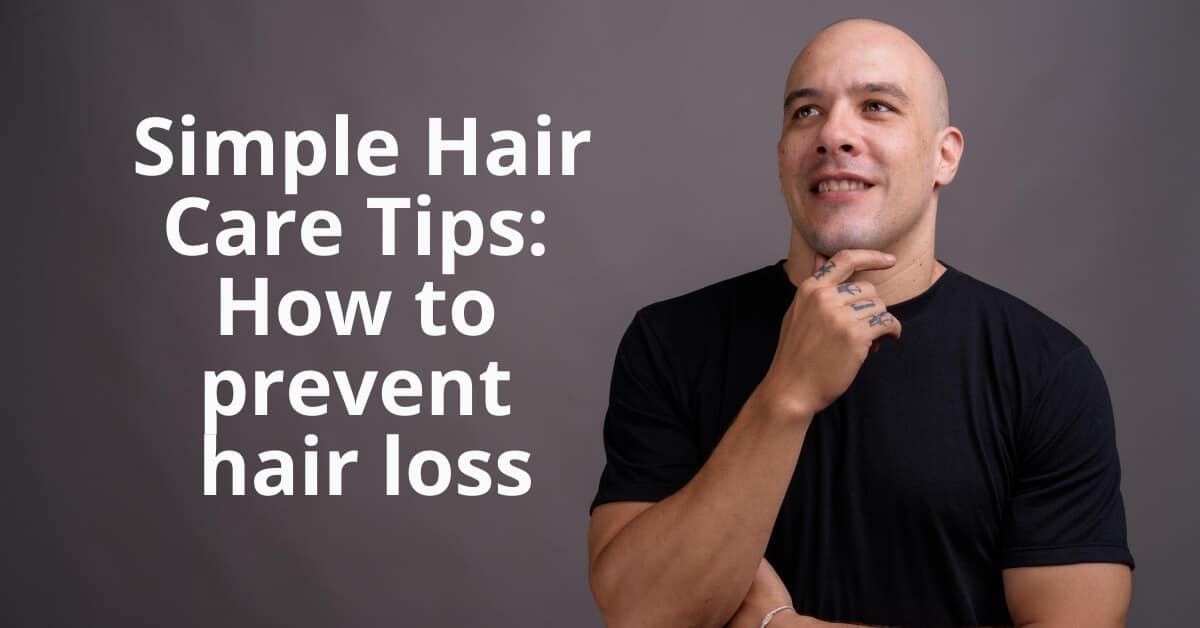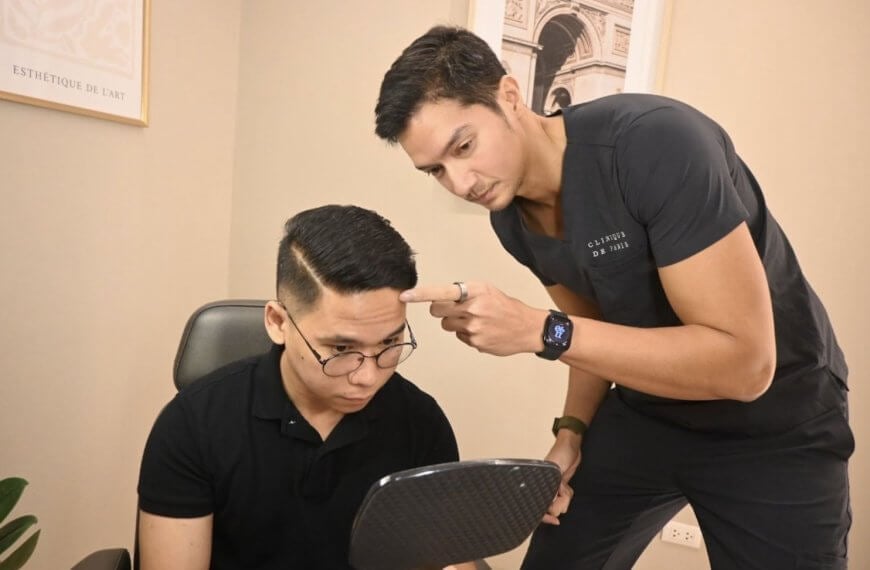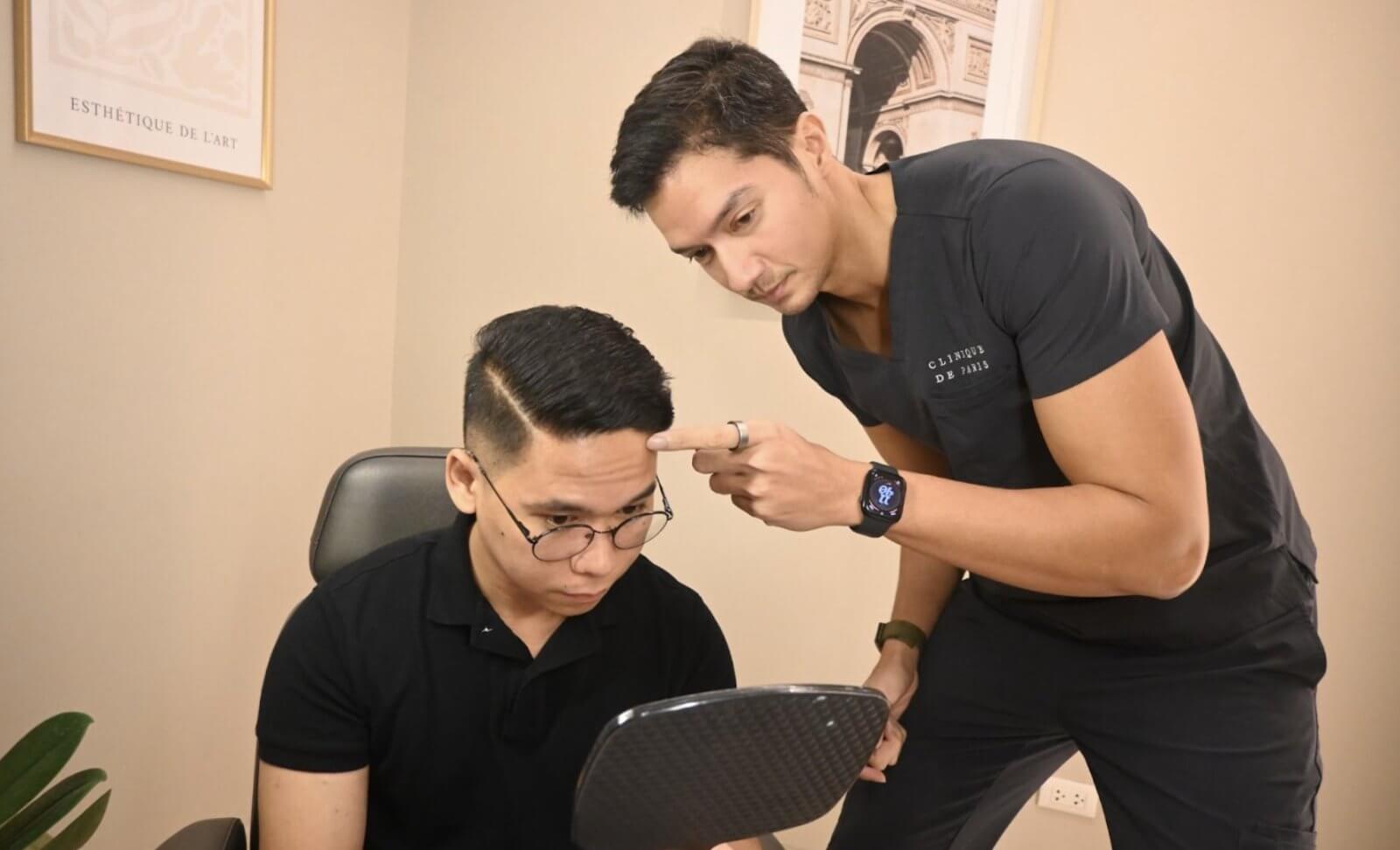Snoring is one of those things that most people don’t really think about until they actually hear themselves or their loved ones snore. I am writing this because I can’t sleep listening to a friend snore in the same room. Good luck to me!
Snoring is a common problem that affects millions of people around the world. If you snore, you might be wondering how to stop snoring. There are several ways to treat snoring, but some methods are better than others.
Snoring is caused by vibrations from air passing through narrow passages in the nose or mouth. This vibration causes soft tissue to vibrate, causing the sound of snoring. The severity of snoring depends on the size of these passages.
There are various treatments for snoring. Some involve surgery, while others focus on lifestyle changes. In this article, we’ll discuss the top 10 ways to stop snoring naturally.
It’s usually after midnight when you wake up to find yourself lying next to your partner, wondering what happened to the rest of the night.
But there are ways to stop snoring without resorting to surgery or drugs.
Here are ten tips to help you stop snoring
1. Try Breathing Exercises
Breathing exercises can help you control your breathing patterns and prevent snoring.
Try doing these simple breathing exercises every morning and evening:
• Sit upright with your back straight.
• Place your right hand over your stomach and breathe deeply into your belly.
• Hold your breath for five seconds and then exhale slowly. Repeat this exercise three times.
• Do the same thing with your left hand.
• Continue to repeat the breathing exercises every morning and every evening for at least two weeks.
2. Avoid Alcohol
Alcohol may cause sleep apnea, which is a condition where airway collapses during sleep. This causes loud snoring.
Avoid alcohol altogether if you’re trying to stop snoring. If you drink alcohol, limit your intake to no more than two drinks per day.
3. Quit Smoking
Smoking can cause sleep apnea. It can also lead to nasal congestion, which makes snoring worse.
Quit smoking completely if you want to stop snoring.
4. Lose Weight
Obesity is another common cause of snoring. If you’re obese, try to lose weight.
A study published in the Journal of Clinical Sleep Medicine found that obese patients had a higher incidence of sleep apnea.
5. Reduce Stress Levels
Stress can cause insomnia, which leads to snoring.
Reduce stress levels if you want to stop sleeping loudly.
6. Use Nasal Spray
Nasal spray contains decongestants that can dry out your nose and throat.
Use nasal sprays sparingly if you want to stop waking up with a stuffy nose.
7. Get Regular Checkups
Regular checkups are important for any person, especially if you’re overweight.
Get regular checkups to ensure that you don’t have other health problems that could contribute to snoring.
8. Wear Earplugs
Wearing earplugs can reduce noise levels in your bedroom.
Wear earplugs if you want to stop hearing snoring sounds.
9. Consider Surgery
Surgery is an option if you’ve tried everything else and still aren’t getting relief from snoring.
Surgery can correct structural issues that cause snoring.
10. Take Medications – Check with your doctor
Medication is another way to treat snoring.
Take medications if you want to stop being woken up by snoring but you need to check with your doctor what is available and what will fit your condition.
The information contained above is general in nature and should not be construed as medical advice. Consult a doctor before beginning any diet, exercise, or lifestyle changes.
Conclusion
In conclusion, if you snore, you’re not alone. According to the National Sleep Foundation, nearly 50 million Americans suffer from sleep apnea, while here in the Philippines a lot go undetected which means that they stop breathing during their sleep. While most people only notice mild symptoms like waking up feeling tired, others may have serious problems like high blood pressure and heart disease.
Fortunately, there are ways to treat snoring, including lifestyle changes and medical treatments. Better get yourself checked to see if you need a cpap (Sleep Apnea) to ease your breathing at night.
























